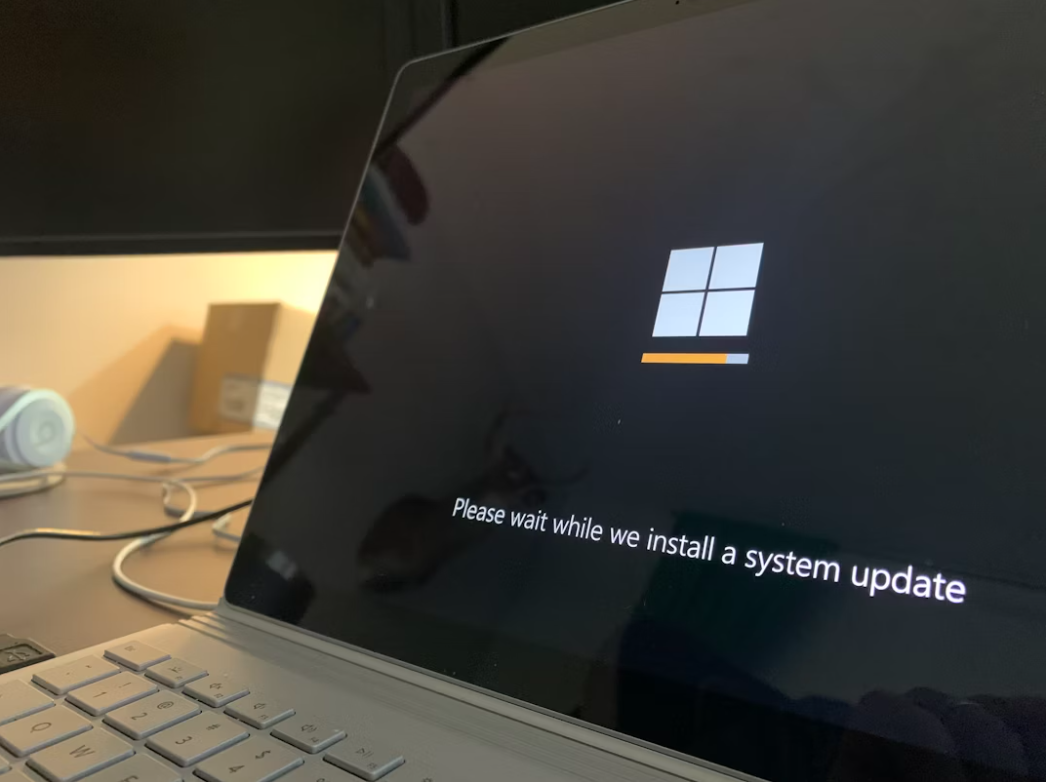Researchers at cybersecurity firm Acronis have discovered an active FileFix campaign that exploits fake Facebook pages. The attackers create highly convincing pages and deploy advanced techniques to evade detection and reach victims worldwide. According to the report published by Acronis, the
Latest News: Cybersecurity
Security researcher Eito Miyamura shared a post on the social media platform X last week demonstrating how it is possible to prompt-inject ChatGPT through Google Calendar invites. The cybersecurity expert exploited OpenAI’s new feature for Pro subscribers, which links ChatGPT to platforms such as
TIME magazine named Tejasvi Manoj, a 17-year-old Indian American girl, “Kid of the Year 2025” for her work protecting seniors from cybercrime. In 2024, the teenager created a website, Shield Seniors, to educate older adults about online scams and has been raising awareness about malicious actors
Cybercriminals are using a new, sophisticated tool called SpamGPT to launch large-scale email phishing campaigns. The AI-powered software has been promoted in the dark web as a “spam-as-a-service” platform that automates most of the tasks involved in an email phishing attack. According to
Cybersecurity researchers from Trails of Bits have discovered a new vulnerability in AI systems that allows malicious actors to hide commands within images. The team used a prompt injection strategy to exploit the image downscaling feature in several AI models. According to the report, published
The online forum 4chan has engaged legal counsel to formally reject implementing the UK’s new age verification mandates. 4chan had already announced its intention in January to refuse to comply with any form of compulsory age verification requirements for its users. According to the new UK law,
Malicious actors targeted Nevada’s networks and services in a recent ransomware-based cyberattack. Local authorities confirmed that the incident disrupted websites, phone lines, and forced state offices to close. An ongoing investigation has revealed that some data was exfiltrated from the state’s
Researchers from the cybersecurity firm Check Point revealed that hackers had been exploiting Google Classroom to distribute over 115,000 phishing emails. The cybercriminals targeted approximately 13,500 organizations in Asia, Europe, the Middle East, and North America. According to the report
A member of the notorious hacker group Scattered Spider, 20-year-old American Noah Urban, was sentenced to 10 years in prison on Wednesday. Urban pleaded guilty to multiple charges, including fraud, theft, and targeting cryptocurrency victims and companies. According to Bloomberg, Urban is the
Microsoft published its monthly security update, part of its Patch Tuesday initiative, on August 12, fixing a total of 111 security flaws, including one publicly disclosed zero-day vulnerability in Windows Kerberos. According to Microsoft’s report, the 111 Common Vulnerabilities and Exposures









